No regret over EU comments, says former BCC chief
- Published
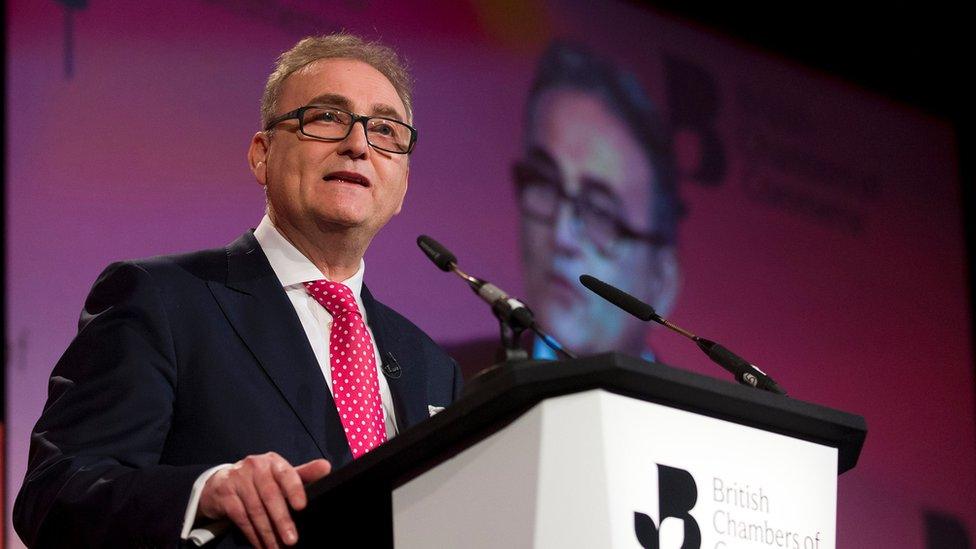
John Longworth had been leading the BCC for five years
The former head of the British Chambers of Commerce, John Longworth, said he does not regret comments he made about Europe that led to his resignation.
"I knew it would be controversial, but I didn't know it would necessarily get me in hot water," he told the BBC.
Mr Longworth was suspended after saying the UK's long-term prospects could be "brighter" outside the European Union.
He said the decision to step down was his and he made the move so he could speak out freely.
Mr Longworth dismissed claims there was political pressure on him to leave, or pressure on the BCC to force him out.
"I don't regret making those comments at all," he told the BBC's World At One programme.
"I made it very clear when I delivered my speech [on Thursday] that there were additional comments that were of a particular and personal nature
"What I was trying to do was inform the debate," he said.
The ex-BCC boss says he was trying to "inform the debate" on Brexit.
He had been director-general of the British Chamber of Commerce for five years.
"I decided to resign in order in order to give me the freedom to speak out on the referendum," he said.
"It became clear to me that it was incompatible in my role that I was able to speak out. "
The BCC said Mr Longworth had accepted his support for leaving the EU was "likely to create confusion".
No option
He revealed his support for "Brexit" at the BCC annual conference on Thursday.
Nora Senior, president of the British Chamber of Commerce, told the BBC that his comments left the organisation with no option, as he had breached the BCC's official position of neutrality on the referendum.
And she dismissed suggestions that the decision was influenced by Downing Street.
"Absolutely not. The decision for John to stand down was taken by John himself and the board."
She said the BCC was a membership organisation with diverse views and their decision was to maintain a neutral stance on the referendum. Mr Longworth's comments in his keynote speech at the conference had gone against that.
She stressed that his resignation was "agreed mutually between Mr Longworth and the BCC Board, and there were no external factors involved".
'Tough choice'
At the conference, Mr Longworth said the EU referendum was a choice between the "devil and the deep blue sea".
He added that voters faced "undoubtedly a tough choice".
He said the very best place for the UK to be was in a reformed EU, but added: "I have come to the conclusion that the EU is incapable of meaningful reform, at least in the foreseeable future."
EU referendum: All you need to know
Timeline: What will happen when?
Read more: BBC News EU referendum special
His remarks and his subsequent suspension prompted a political outcry, with London mayor Boris Johnson and former defence secretary Liam Fox, both prominent campaigners for the UK to leave the EU, weighing in on his behalf.
Mr Johnson called Mr Longworth's treatment "scandalous", while Mr Fox said ministers should clarify "if they were involved in any way in putting pressure on" the BCC to suspend Mr Longworth.

Who is John Longworth?
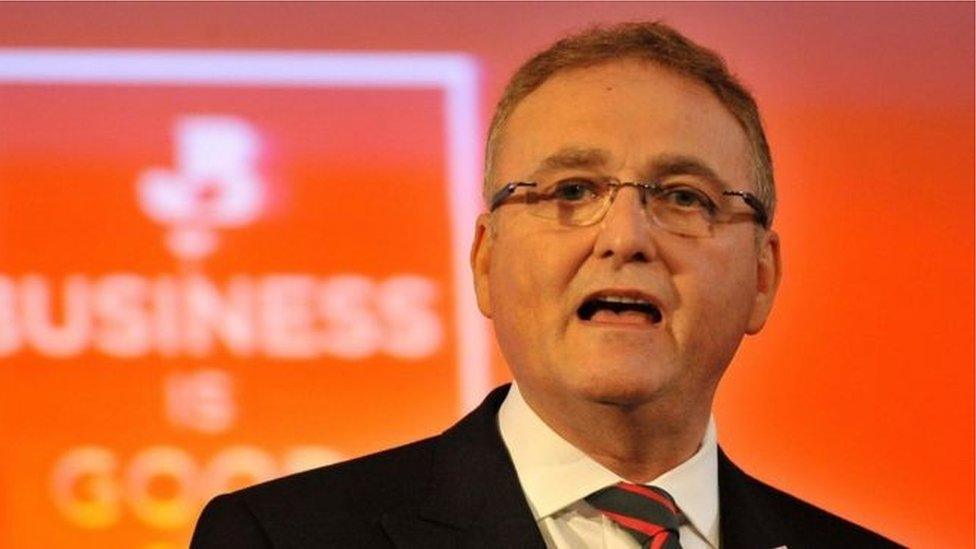
John Longworth, head of the British Chambers of Commerce, described the EU referendum as a choice between the "devil and the deep blue sea"
Appointed BCC director general in 2011
Has worked for big names, including Tesco and Asda
Has held non-executive director positions at the Co-operative Food Group and drinks company Nichols
Has been on the Competition Commission panel
Has served as a consultant to Barts Hospital Trust
Founded SVA, a science research firm

British voters will be asked on 23 June whether the UK should remain a member of the EU.
The BCC, which represents thousands of large, medium and small businesses, has said it will not campaign for either side in the referendum as its membership is split.
Last month, an online poll of its members found, external 59.5% of more than 2,000 who responded preferred to remain in the EU and 30% said they would vote to leave.
- Published7 March 2016
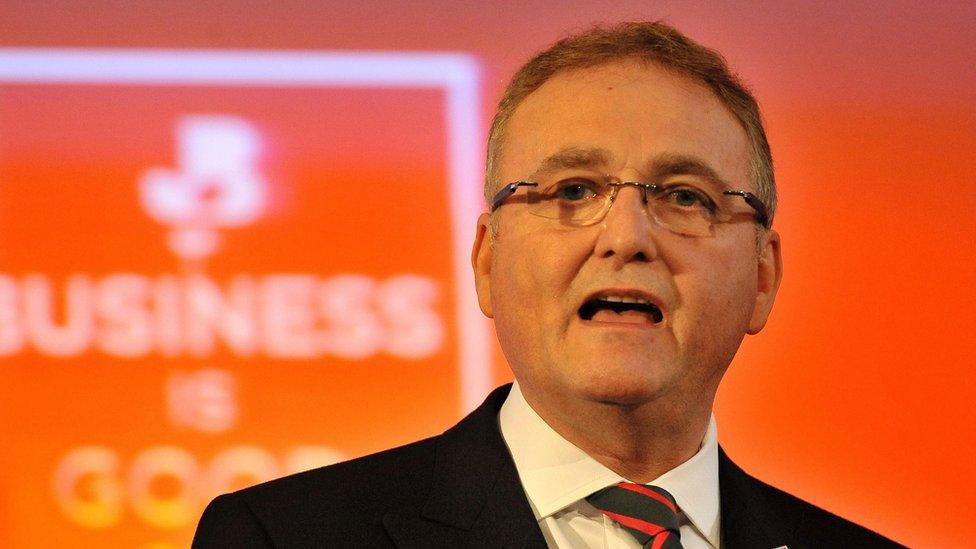
- Published6 March 2016
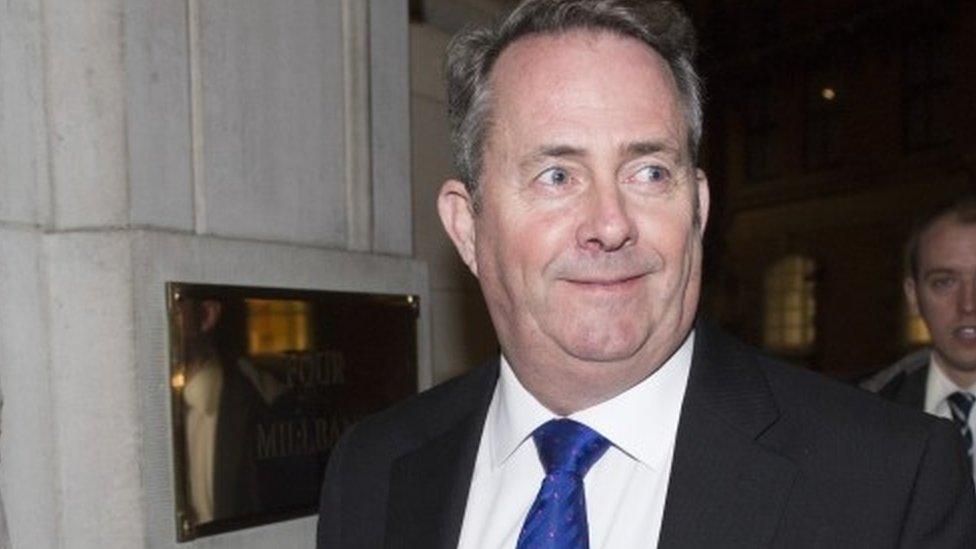
- Published6 March 2016
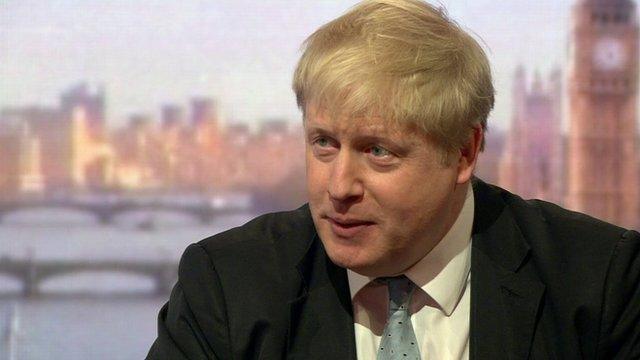
- Published5 March 2016
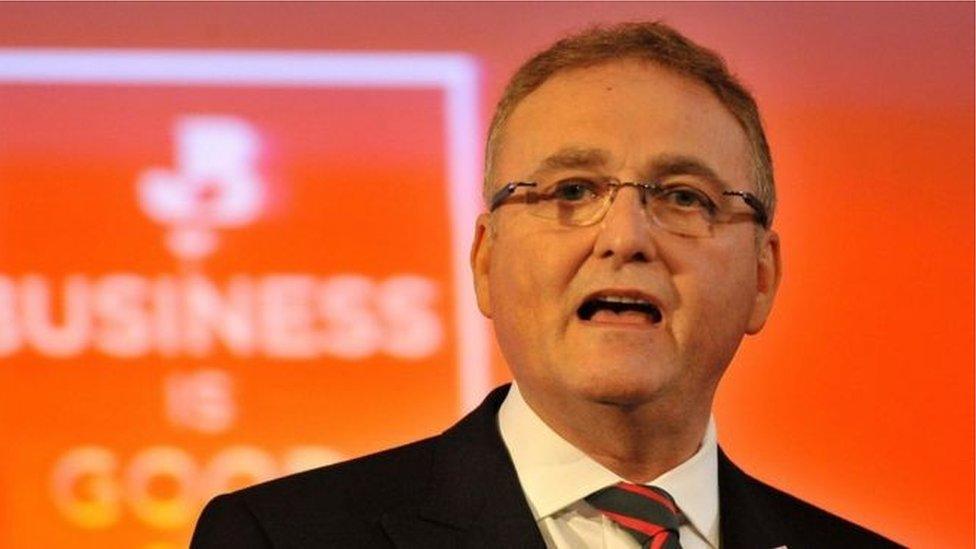
- Published3 March 2016
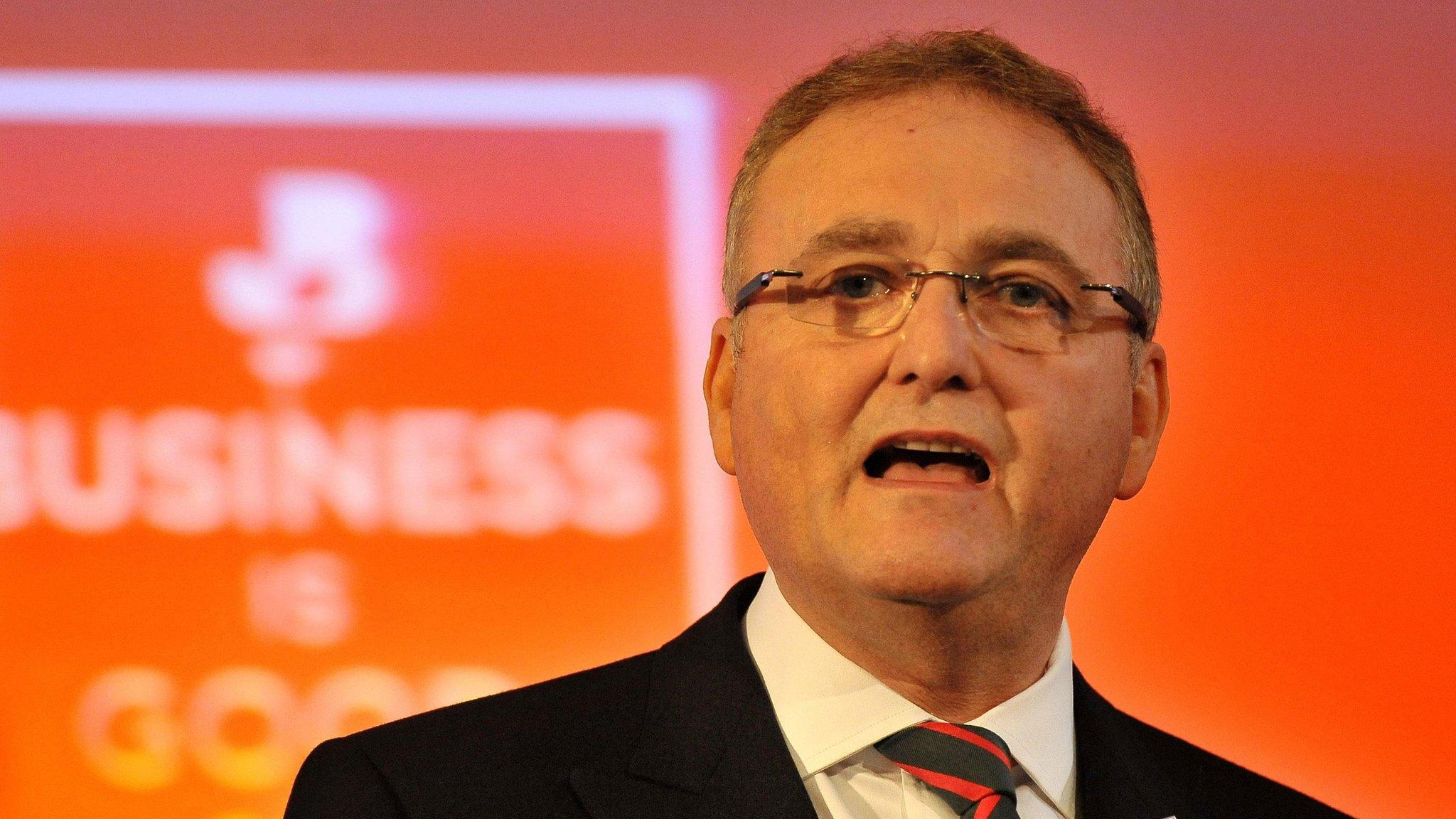
- Published30 December 2020

- Published3 March 2016